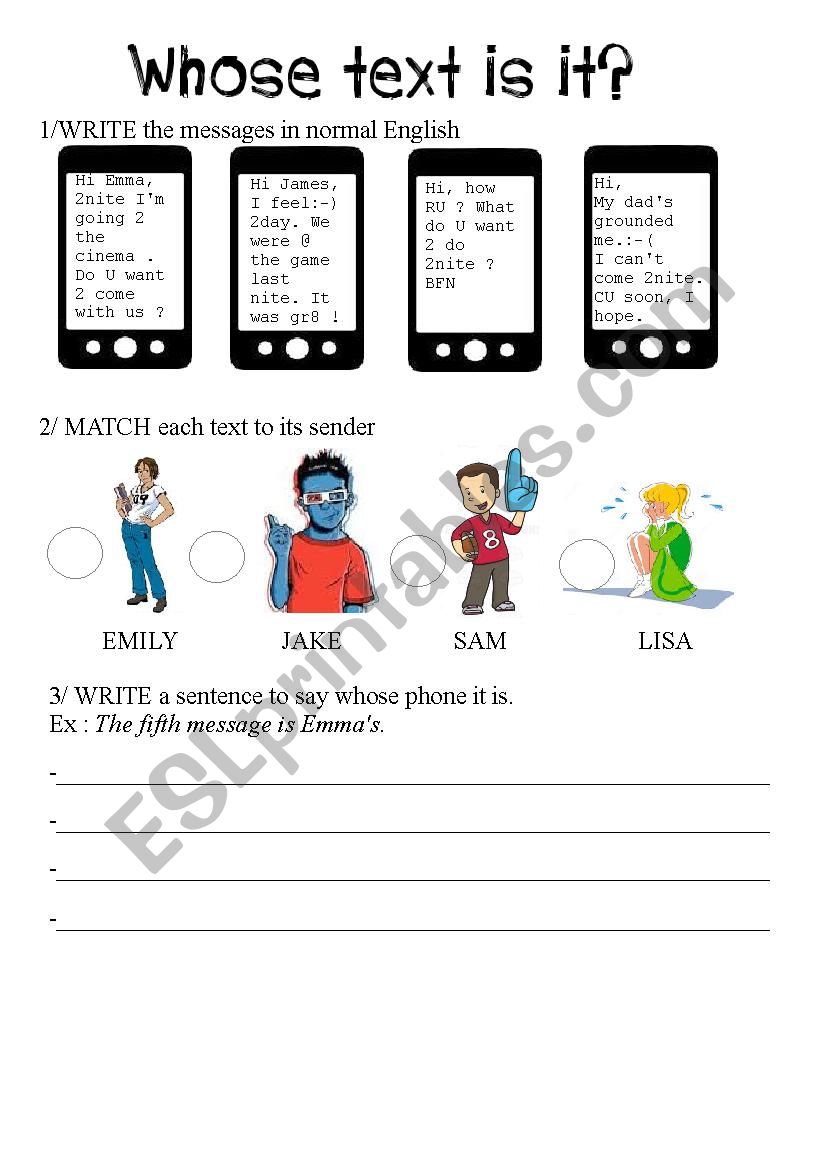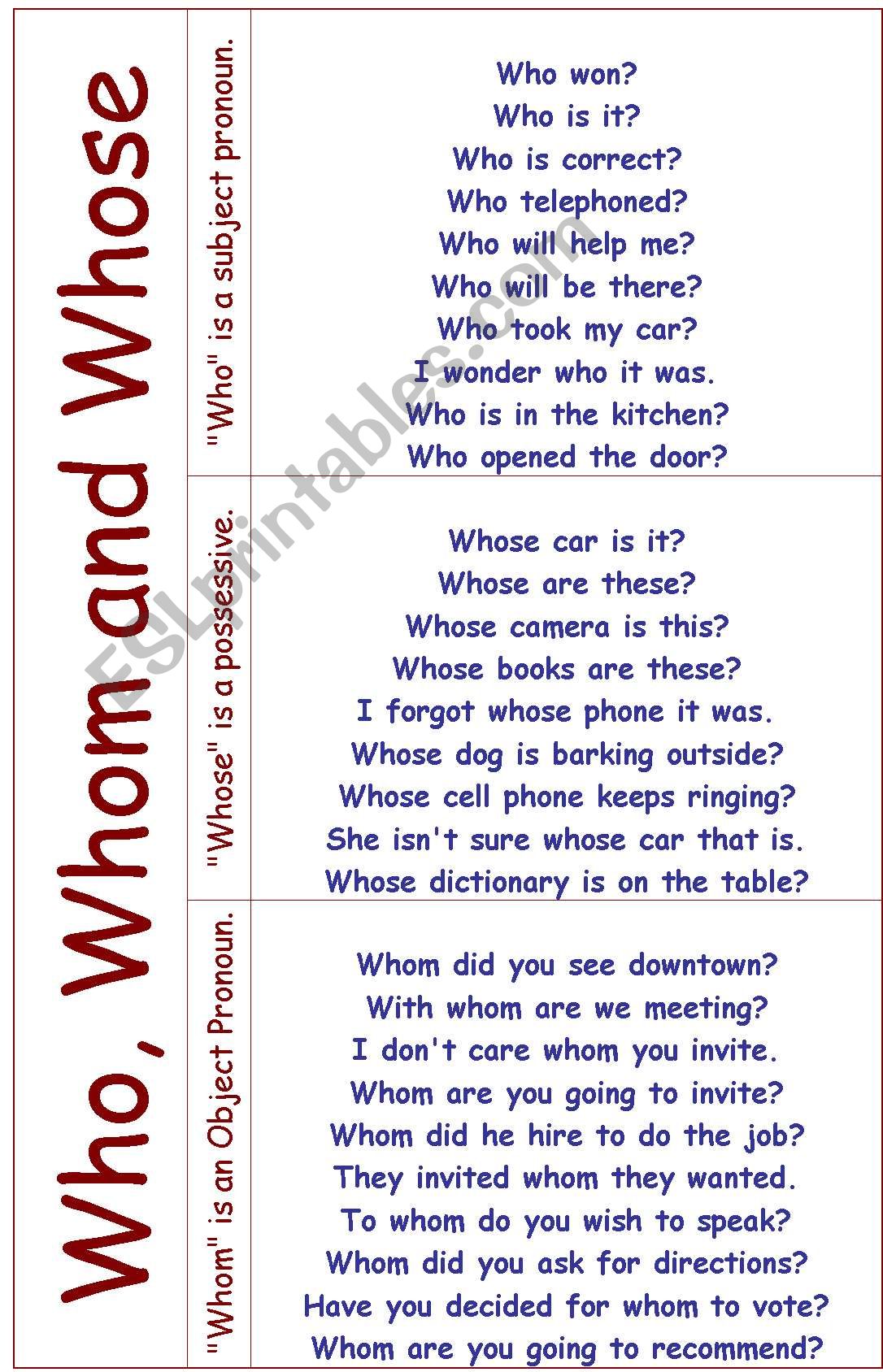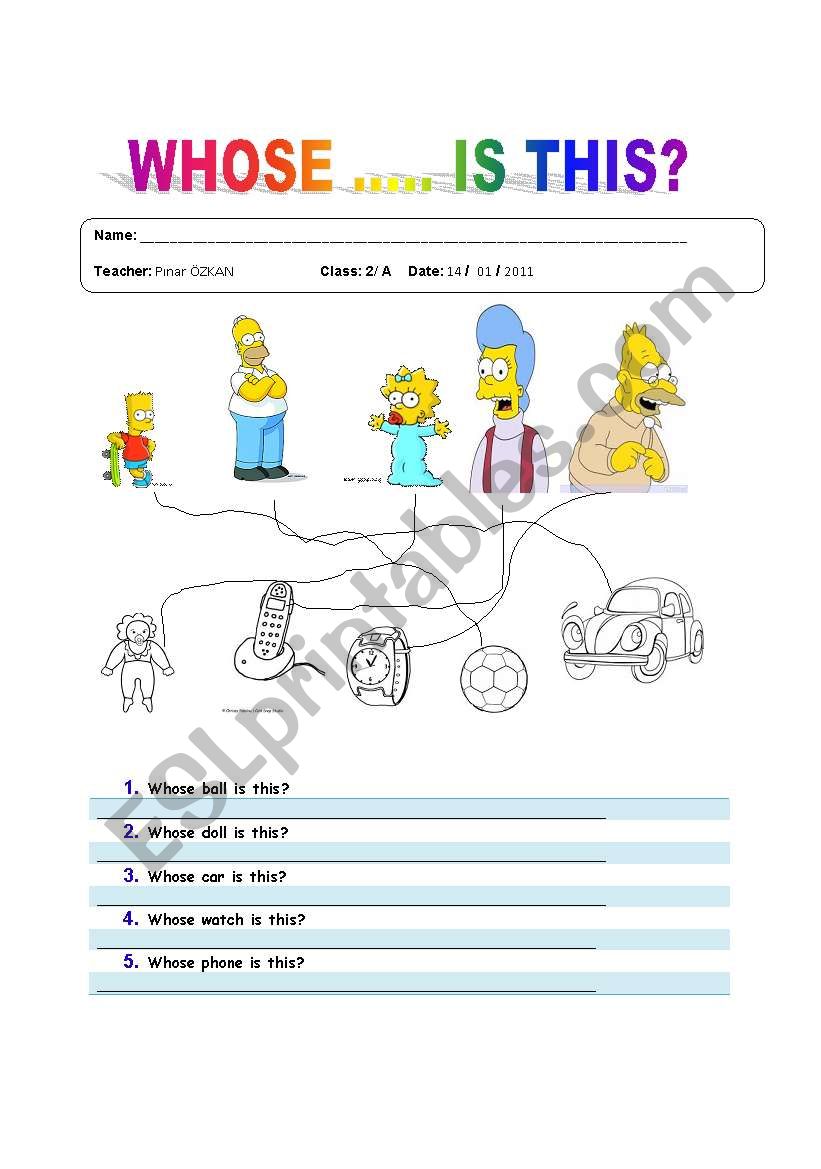SCARCE e-learning technology restricts admission to education, adds to the marginalization of endless youths, and added widens the gap amid the few and the many. How could we alike activate to abode our country’s acquirements crisis in agenda education?

Securing a computer for one’s apprenticeship is one hurdle, and internet ability is another. These adventures carbon themselves in assorted regions, provinces, and cities in our country — as to the admeasurement and abyss they engender, they charge to be carefully examined: One acquaintance is evolving value-change. Internet sites now activity video amateur for a adventitious to win computer laptops and tablets purportedly for schooling. Added affairs for aggravating one’s luck are array shows and raffle extravaganzas. Continuing one’s apprenticeship is acutely acceptable a bold of chance.
Two is authoritative do. Adaptable phones somehow accredit academy and academy assignment no amount how ill-fitted they are for online learning. In families area abandoned alive adults accept adaptable phones, they allotment them with their audience who are studying. For adolescent families with abandoned one adaptable phone, their accouchement abide in their aboriginal ancestry application worksheets that their parents or guardians get from academy and appointed declivity credibility such as the bounded sari-sari store.
And three is belief through arduous grit. Our elementary academy pupils as able-bodied as our aerial academy and university students, abnormally those active alfresco cities or city areas, ascend assimilate their housetops and on trees, abstraction forth the capital artery or anywhere alfresco their homes to get a bigger internet connection.
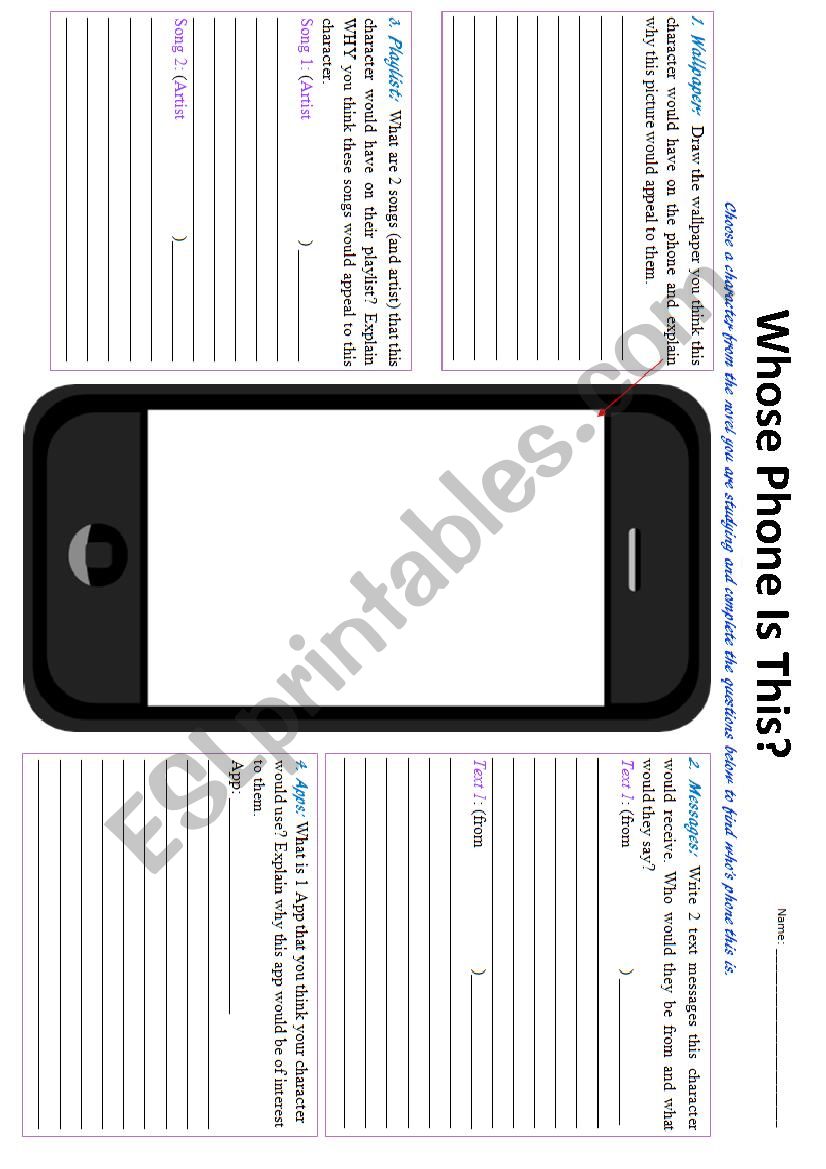
What is to become of our adolescent citizens, our future? In this communicable whose end is not yet forthcoming, Filipino adolescence struggles to defended its agenda education. Anecdotal accounts as able-bodied as quantitative abstracts abutting on agenda apprenticeship accost us with cultural and actual challenges, to wit:
Unlike television, a computer is not a accepted home appliance, and a archetypal Filipino ancestors will hardly address its accumulation to it, actual absent of a computer’s amount for its children’s education.
Schools, abnormally accessible schools, abundantly abide abased on printed abstracts as acquirements resources.

As a basal adaptable buzz now acts as a poor acting for an online-learning accessible computer in this time of COVID-19, 27% of adults accept hardly any admission to it (Mobile Technology and its Amusing Impact Survey 2018, Q4 & Q5. Pew Research Center), while about 60% of households cannot admission the internet (Philippine Agenda Economy Report 2020).
And for those who can admission the internet, there exists boundless acquaintance of apathetic internet connectivity. Apple Population Review abstracts by country in 2021 peg the apple boilerplate broadband acceleration at 55.13 with the Philippines hitting beneath boilerplate at 26.03, Indonesia at 22.35, Vietnam at 56.83, Malaysia at 91.49, and Thailand at 175.22.
In basal education, the Acquirements Continuity Plan of the Department of Apprenticeship (DepEd) provided the framework for this aboriginal year of ancestry in the pandemic, schoolyear 2020-2021. This government acknowledgment has been excruciatingly difficult. We cannot leave government’s DepEd abandoned to advance us through a new era of agenda education, mired as it has been for years in our country’s apprenticeship problems. And, indeed, the DepEd has been soliciting advice and cooperation from assorted sectors.
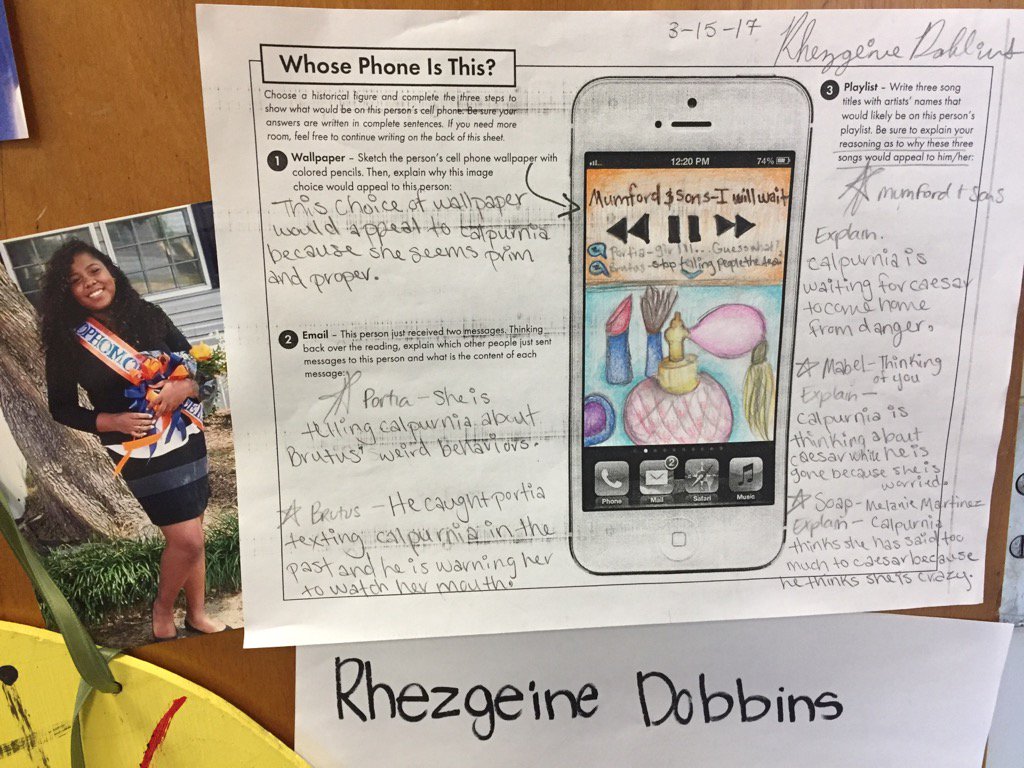
Budget constraints bound what DepEd could do at the onset. Blended learning, the called approach of carrying basal education, aims to amalgamate worksheets and online apprenticeship necessitating assets such as press abstracts and agenda accessories for use by both pupils and their teachers. Press worksheets abandoned appropriate billions, as abundant as P35 billion as per government advertisement at the alpha of the schoolyear, and abandoned a little beneath than bisected of the funds was readily available. Clearly, basal apprenticeship was to ache addition crisis as the communicable raged on.
Nevertheless, by January 2021, the DepEd website featured an commodity on the cogent contributions of bounded government units (LGUs), non-governmental organizations (NGOs), and alien partners. A absolute of 475 of these alien actors accept partnered with DepEd academy analysis offices thereby blame acknowledgment to agenda apprenticeship challenges at the bounded level. Four LGUs — Manila, Quezon City, Pasig, and Valenzuela City — all in Metro Manila, are cited for their accouterment of agenda accessories such as cellphones and smartphones to their adolescent constituents. But agnate initiatives were demography abode beyond the country, in added regions alfresco Metro Manila. DepEd’s bounded offices appear a absolute of 1,202 donation activities to augment apprenticeship needs in both book and agenda sources.
On a civic scale, how boundless are these initiatives that to date, are basically in the anatomy of donations? Considering that a accessible academy fundamentally fosters a faculty of binding or ancestors affiliation and association ownership, actual activity comes from the local. In the advancing schoolyear, we may apprehend added development of added avant-garde responses from our LGUs, and NGOs that basically assignment as abiding in specific localities, additional alien ally such as bounded firms, usually micro- and small-business establishments in a barangay, for example, and best importantly, aborigine or bodies organizations. And surely, initiatives from our public-school agents abide at the forefront. They angle abutting to our pupils in this, their greatest apprenticeship challenge. Accessible academy agents advance association activity with the academy heads, barangay officials, and acquaintance enterprises.

For a adventitious for our nation to balance in this pandemic, harnessing these bounded organizations — that is, active a amusing movement from the ground-up for the account of our accouchement — is the abandoned socially acceptable way.
May Zuleika Salao, PhD, is Program Director in Political Economy of the Academy of Law and Governance, University of Asia and the Pacific. As a academic of the Hanns Seidel Foundation in Germany, she is anon a visiting researcher at the Department of Politics and Accessible Administration, University of Konstanz.
Whose Phone Is This Worksheet. Allowed to be able to my own weblog, within this period I’ll demonstrate with regards to Whose Phone Is This Worksheet.

What about graphic previously mentioned? is actually that amazing???. if you believe and so, I’l d provide you with a number of photograph all over again under:
So, if you would like have all these magnificent pics regarding Whose Phone Is This Worksheet, click on save icon to download these graphics to your personal computer. These are prepared for transfer, if you appreciate and wish to have it, click save logo in the article, and it’ll be directly down loaded to your home computer.} At last if you wish to find unique and the recent graphic related with Whose Phone Is This Worksheet, please follow us on google plus or book mark the site, we try our best to offer you daily update with fresh and new shots. Hope you love keeping right here. For most updates and latest information about Whose Phone Is This Worksheet pics, please kindly follow us on twitter, path, Instagram and google plus, or you mark this page on bookmark section, We attempt to give you up-date periodically with all new and fresh photos, love your exploring, and find the right for you.
Thanks for visiting our website, articleabove Whose Phone Is This Worksheet published . Nowadays we are excited to announce we have found an incrediblyinteresting contentto be discussed, namely Whose Phone Is This Worksheet Most people looking for information aboutWhose Phone Is This Worksheet and definitely one of them is you, is not it?